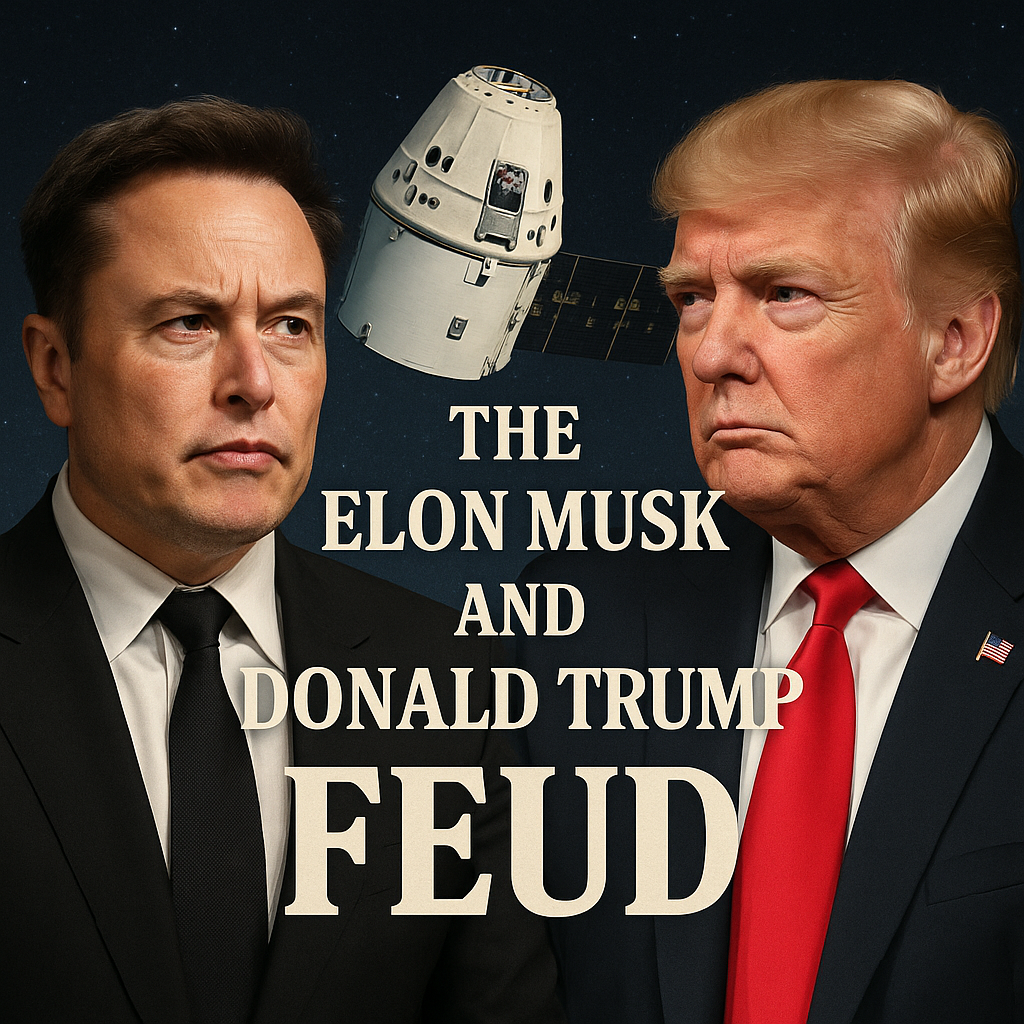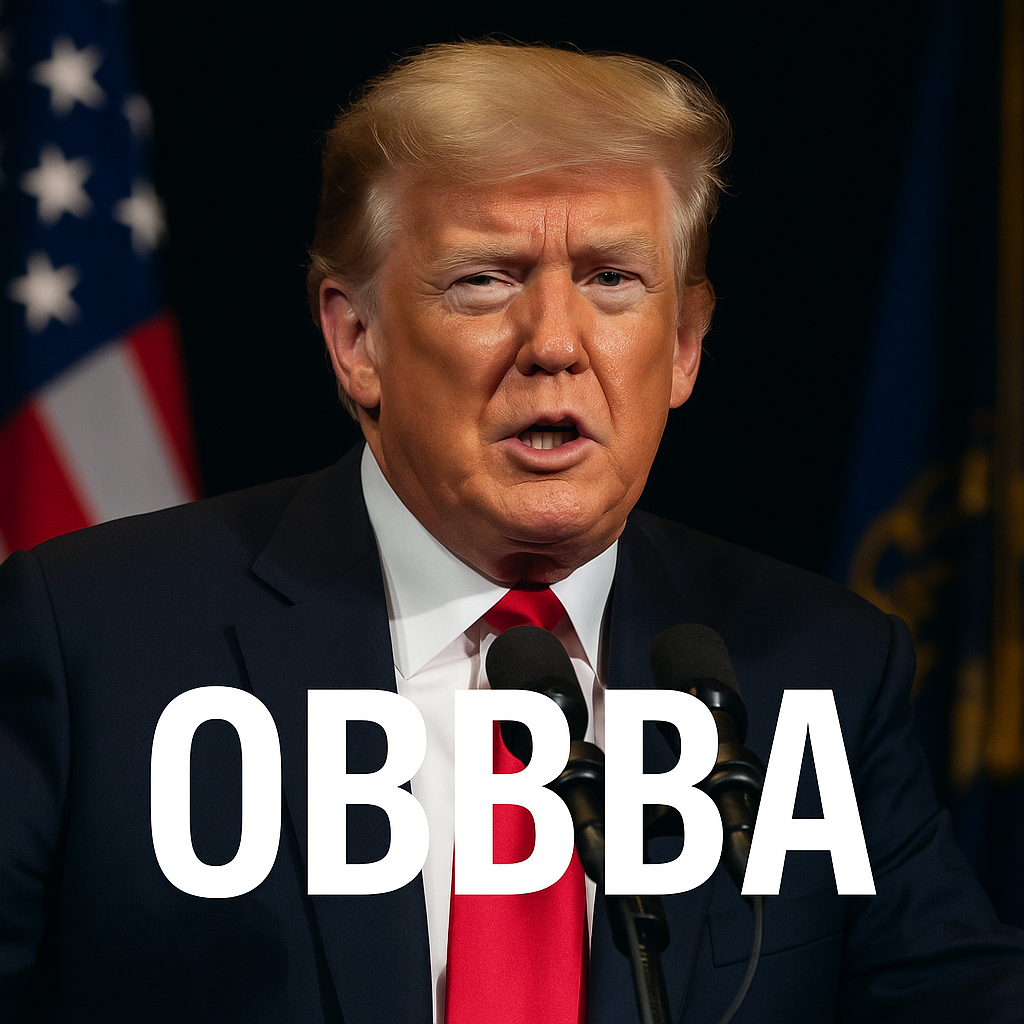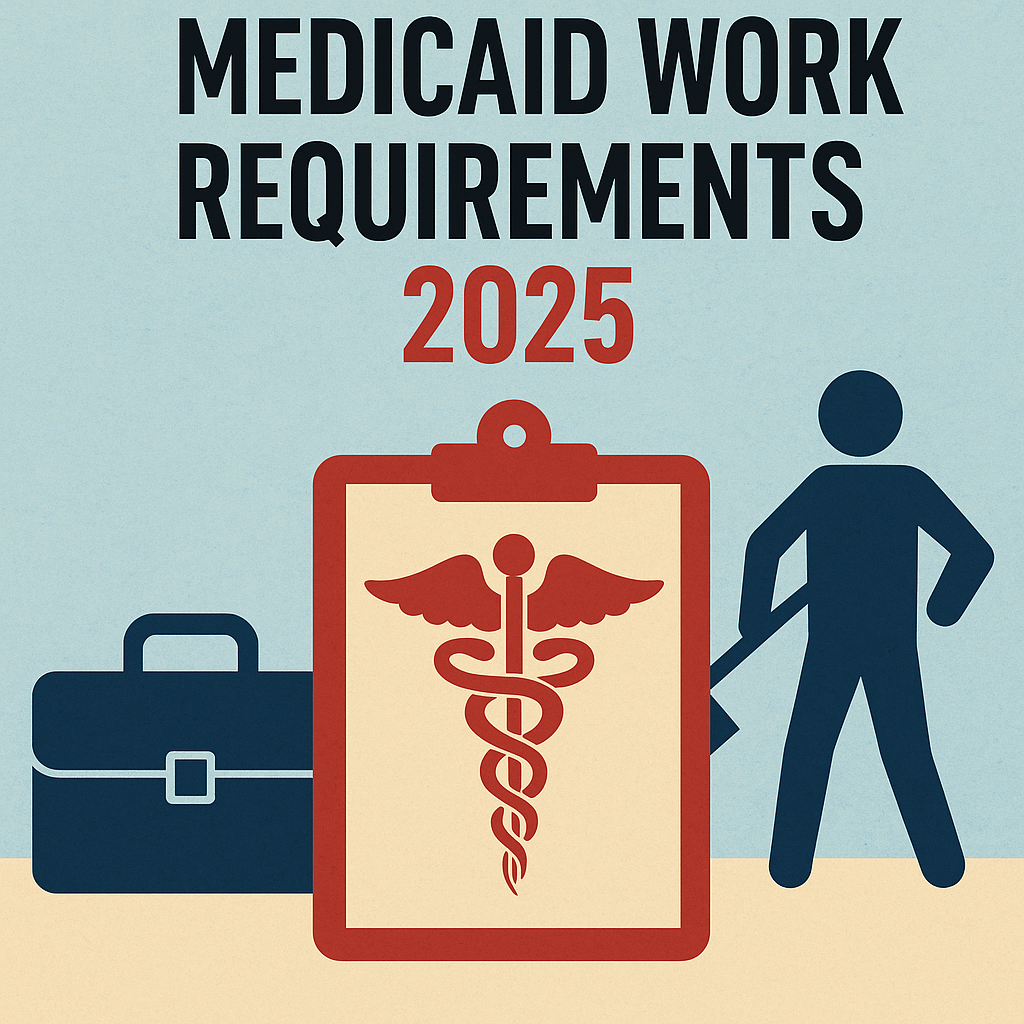In a clash that feels straight out of a political thriller, two of the most powerful men in the world—Elon Musk and Donald Trump—are now locked in a bitter, high-stakes feud. At the center of it? A bizarre mix of personal insults, political vendettas, and the fate of America’s space exploration program.
It’s not just about bruised egos. This feud is starting to have real-world consequences that could jeopardize billion-dollar projects, strategic defense systems, and the only reliable U.S. ride to the International Space Station.
Let’s unpack how we got here, why it matters, and what it means for the future.
A Brief History of the Elon Musk and Donald Trump Feud
Once upon a time, Elon Musk and Donald Trump shared common ground. Musk’s companies—Tesla, SpaceX, and Starlink—benefited from billions in federal contracts and regulatory goodwill. Trump, for his part, often championed Musk as a visionary and a national asset.
But beneath the surface, tensions simmered.
Musk was never fully comfortable with Trump’s policies or political style. He resigned from Trump’s business councils after the U.S. exited the Paris climate agreement in 2017. Still, the two maintained a tenuous alliance—until 2025, when everything blew up.
What Triggered the Feud?
The current firestorm ignited when Musk publicly slammed a Trump-backed economic package as a “disgusting abomination.” Musk took issue with heavy deficit spending and the rollback of electric vehicle subsidies that hurt Tesla’s growth.
In response, Trump lashed out on Truth Social, accusing Musk of being ungrateful and suggesting the government should strip away all federal contracts from Musk’s companies. That comment alone sent shockwaves through both Wall Street and Washington.
And then Musk did what Musk does—he tweeted.
In a dramatic post on X, he declared that SpaceX would “immediately begin decommissioning the Dragon spacecraft,” which happens to be NASA’s primary method for sending astronauts to space.
It was a bold, risky move—one that left the entire aerospace industry reeling.
Why the Dragon Capsule Is So Important
The Dragon capsule isn’t just any spacecraft. It’s the only U.S.-based vehicle currently capable of transporting astronauts to and from the International Space Station. Since NASA retired the Space Shuttle in 2011, America has leaned heavily on private companies to fill the gap.
Boeing’s Starliner was supposed to be the second option, but it’s been plagued by years of delays and technical problems. Its recent crewed mission faced software glitches that forced a premature return.
This means that if SpaceX actually pulled Dragon from service, NASA would be left with just one option: Russia’s Soyuz capsule. And in today’s geopolitical climate, that’s not a comfortable place for U.S. space policy to be.
What’s at Stake Beyond Space Travel
The feud goes beyond astronauts and rocket launches. SpaceX and Starlink have become essential infrastructure for U.S. defense and global communications.
- Starlink satellites support critical military operations and emergency internet access worldwide.
- SpaceX launches not only carry NASA astronauts but also national security satellites and defense payloads.
- The company is also working on the lunar lander for NASA’s Artemis program, which aims to return humans to the Moon by the late 2020s.
With nearly $22 billion in federal contracts in play, the Elon Musk and Donald Trump feud could ripple across defense, science, and civilian industries alike.
The Political Undercurrents
This feud isn’t just personal—it’s also deeply political.
Trump’s allies, like Steve Bannon, have even floated the idea of seizing control of SpaceX under the Defense Production Act. That may not be legally viable, but it shows how far tensions have escalated.
Meanwhile, Musk has started flirting with other Republican power players, even hinting at backing alternative candidates in 2026. His increasing distance from Trump could divide the conservative tech and finance vote.
Some analysts see this as a fracture in the Republican coalition—between Trump’s populist base and Musk’s libertarian-leaning, fiscally conservative fanbase.
NASA’s Balancing Act
Caught in the middle of this clash is NASA. Publicly, the agency has remained neutral, insisting it will continue working with all its commercial partners.
Privately, though, there’s concern.
If SpaceX backs out of ISS support, Boeing’s Starliner isn’t quite ready to pick up the slack. And Russia’s Soyuz remains a limited, politically awkward backup.
NASA has also planned on using SpaceX’s massive Starship rocket as part of the Artemis Moon mission. A breakdown in this relationship could delay or even derail those plans.
The Fallout on Tesla and the Markets
Wall Street took notice quickly. Tesla stock dropped over 14% following Musk’s online battle with Trump, spooking investors who fear the feud could spill into regulation, subsidies, or even legal action.
While Musk later backtracked on decommissioning Dragon, the damage was done. His impulsive threat raised serious questions about the risks of putting too much national infrastructure in private hands—especially hands that tweet before thinking.
What Happens Next?
It’s hard to say how this will end. Musk has since dialed back his threats, but Trump is reportedly not interested in reconciling. The battle lines are drawn.
NASA and the Pentagon may need to start investing in more redundant systems, diversifying suppliers, and creating tighter oversight.
For now, all eyes remain on Musk’s next tweet—and Trump’s next truth bomb.
Questions and Answers: Elon Musk and Donald Trump Feud
Q1: Why did Elon Musk and Donald Trump fall out?
A: The feud escalated after Musk criticized Trump’s economic policies, particularly those affecting Tesla and the federal deficit. Trump retaliated by threatening to cut off contracts to Musk’s companies.
Q2: Did Musk really say he would shut down the Dragon spacecraft?
A: Yes, Musk briefly tweeted that SpaceX would begin decommissioning the Dragon capsule. He later walked back the statement, but it caused serious concern at NASA.
Q3: What’s so important about the Dragon capsule?
A: It’s currently the only American spacecraft transporting astronauts to the International Space Station. Without it, NASA would have to rely on Russia’s Soyuz system.
Q4: Could this feud affect national security?
A: Potentially, yes. SpaceX and Starlink support critical U.S. military operations. If those services were disrupted, it could compromise defense readiness and communication infrastructure.
Q5: What is NASA doing about the situation?
A: NASA is continuing its partnership with SpaceX but is exploring backup options and may accelerate efforts to make Boeing’s Starliner more reliable.
Q6: Is this feud really about policy or just personal egos?
A: Likely both. Musk and Trump have strong personalities and diverging visions of economic and technological leadership. Their personal egos have undoubtedly fueled the public nature of this dispute.
Final Thoughts: Why This Feud Matters
The Elon Musk and Donald Trump feud isn’t just tabloid fodder or Twitter drama. It has real-world consequences for U.S. space exploration, global technology infrastructure, and even the balance of political power.
We’re witnessing the collision of two giants—each used to getting their way, each wielding enormous influence. And when those kinds of personalities clash, the fallout can affect everything from the stock market to space missions.
This isn’t just a spat. It’s a moment of reckoning for America’s future in space and how much of that future we’re willing to entrust to billionaires who don’t always play by the same rules.
Read more from our English Section














Leave a Reply